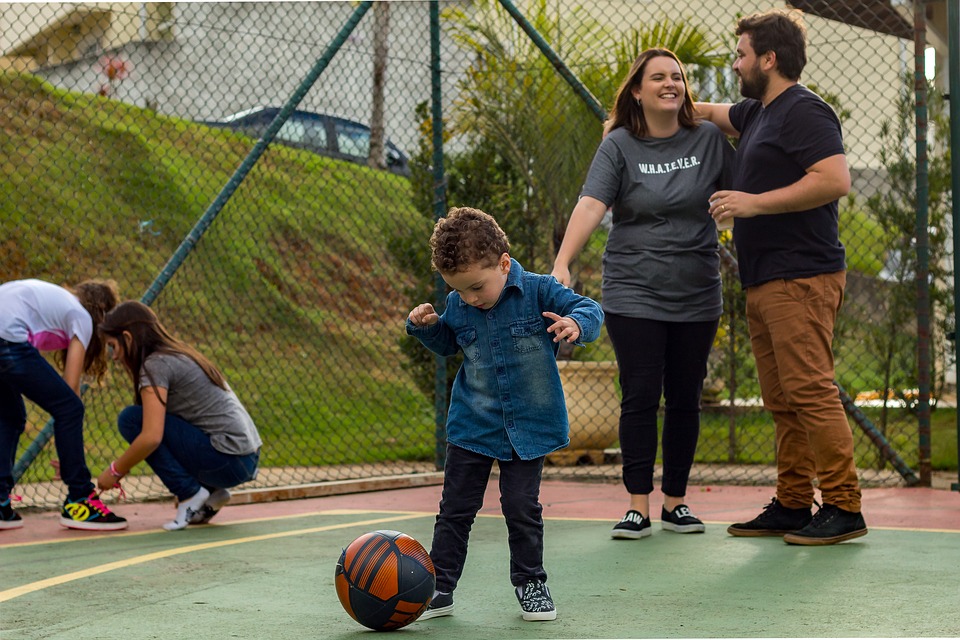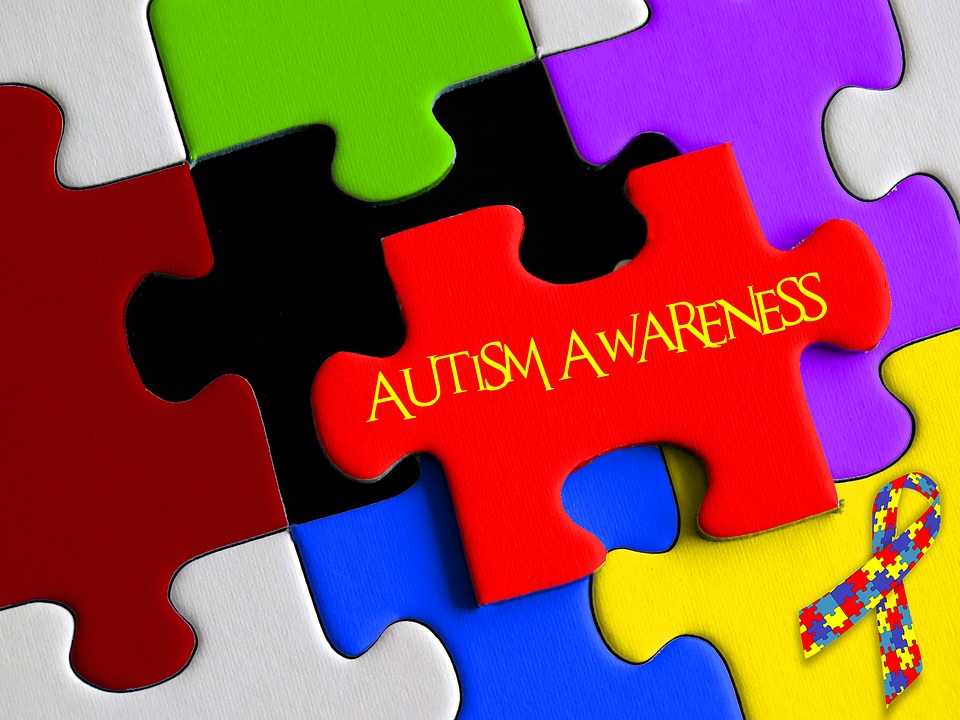Siobhan and Mark Keaney always suspected there was something slightly different about their son, Sean. As a two-year-old he would wake in the summer months screaming at the daylight, prompting his parents to smear the windows with black paste to simulate darkness. They wondered about his obsession with wanting to open and close the car door on his own, but didn’t think it was anything to worry about until his nursery suggested that his need for routines and his tendency to have meltdowns required further investigation. That was how, in February 2015, Siobhan and Sean found themselves in front of a paediatrician, a speech and language therapist and a clinical psychologist. They read Sean a story and observed how he played with toys. The meeting lasted for two hours. “They went away to discuss it,” Siobhan recalls, “and then they came back and said, ‘We think he is autistic.’ ”
Read the rest of the article here.




